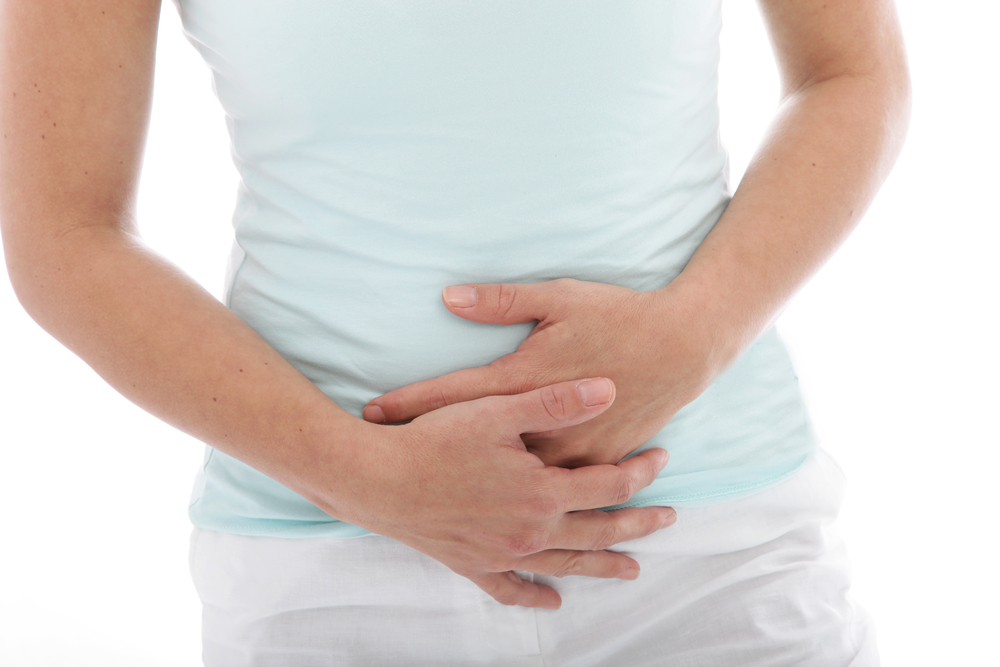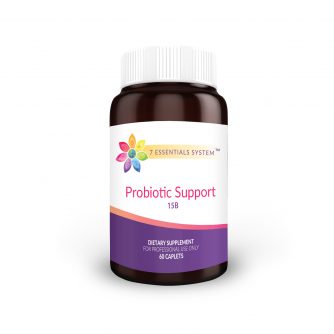
If you are on a healing journey with Breast Cancer, then you probably already do everything you can to support your gut microbiome. Still, according to the National Institutes of Health, upwards of 70 million people in the U.S. suffer from some kind of gut disorder. For many of these individuals, the only answer offered by conventional medicine is round after round of harmful antibiotics. Now there may be a safer way to right the delicate balance of gut bacteria called Fecal Microbiota Transplant.
What is Fecal Microbiota Transplant?
A fecal microbiota transplant also called a stool transplant, fecal enema or bacteriotherapy is a procedure where healthy bacteria from the fecal matter of a healthy donor or “anaerobically cultivated human intestinal microbiota” is injected into the digestive system of a suffering patient.

The technology to administer FMT is developing at a rapid rate in response to consumer demands. As of 2019, there are a couple of basic ways in which a person can obtain an FMT:
-from a conventional physician or natural health practitioner, where the beneficial bacteria is usually obtained from a human donor and sometimes by lab cultivation. In this case, the doctor typically administered the FMT through a coloscopy or an enema;
-by administering the beneficial microbiota yourself, D.I.Y. style, through an organization or company that specializes in FMT protocols and donor matching. Some companies are also coming up with pill varieties that enter the digestive system orally.
A Note About “D.I.Y.-Style” Fecal Microbiota Transplants
The technology and organizational structures through which to do your own FMTs are still in very much in its infancy stage. On the other hand, FMTs administered by a qualified physician or natural health practitioner have proven to be relatively safe and, as we shall see in the next section, very effective as well.
Keep in mind, however, that there are risks associated with FMTs, especially for a person who does not put quality and safety first and foremost. Always check with your healthcare provider before going ahead with any form of FMT.
Why In the World Would I Want to do Fecal Microbiome Therapy?
If you are someone who wants to prevent Breast Cancer or you are on a Healing Journey with Breast Cancer right now, then FMT is something you are going to want to know about.
In addition, you may be a person who is currently experiencing symptoms like food sensitivities, gas and bloating, constipation, or diarrhea or you may have a diagnosed condition of SIBO, IBS, or Crohn’s Disease. If you have tried unsuccessfully to balance your gut microbiome using other natural health means, then you may want to pay special attention to how getting an FMT may benefit you.
Science has now proven the link between “gut dysbiosis,” or gut flora imbalance, and the development of cancer tumor cells. The key is the immune system. When the gut is inflamed and the delicate balance of bacteria in this environment is imbalanced, it can have a direct effect on the immune system.
Remember that 80% of all immune system activity happens first in the intestinal mucosal lining! Your immune system really is your “first line of defense” for pathogens, including cancer.
Study Marks Potentials of Bacteriotherapy
I know the idea of getting a transplant of “someone else’s poo” may sound a bit harsh. Before you balk at the concept, however, consider the mechanics behind why it may work as well as the impressive results so far.
The surprising truth is that fecal transplants are not a new concept. They actually originated as part of traditional Chinese Medicine close to two thousand years ago. Recent studies focusing on how FMT can help with the overgrowth of Clostridioides difficile in particular have been impressive.
Clostridioides difficile is a very common yet highly aggressive pathogenic bacteria associated with digestive system infections. It can cause diarrhea, fever, and abdominal soreness. In some cases, it can lead to severe inflammation and even death. According to one source, Clostridioides difficile is a “serious problem that kills 14,000 Americans a year.”
The only recourse conventional doctors have been able to offer those who suffer from Clostridioides difficile until recently has been antibiotics. Sadly, in the long run, this often leads to more overgrowth and, subsequently, more rounds of antibiotics. Clostridioides difficile is known for being able to become resistant to many forms of antibiotics.
In 2018, researchers at Oslo University Hospital conducted a clinical trial on Fecal Microbiota Transplantation against Clostridioides difficile. The results were promising. For the majority of those who took just one round of FMT, the initial overgrowth was remedied. The patients also did not experience a regrowth of pathogenic bacteria afterward.
Even though this study was relatively small, its overwhelming success has opened the door for other experts to speculate how fecal transplants may be a valid means to help conditions such as “Parkinson’s disease, fibromyalgia, chronic fatigue syndrome, myoclonus dystopia, multiple sclerosis, obesity, insulin resistance, metabolic syndrome, and autism,” just to name a few.
National Registry and Major Clinical Trial To Come?
Fecal microbiome transplants could one day become the “new normal” amongst patients and practitioners alike. To that end, as of January 2018, the first participant became enrolled in the first American Gastroenterological Association (AGA) Fecal Microbiota Transplantation (FMT) National Registry.
The registry is part of the largest planned FMT study to date and is being funded in part by the National Institutes of Health (NIH). The study is led by researchers at the University of California, San Diego. According to official releases, researchers will eventually track 4,000 patients for ten years after receiving a fecal transplant. The aim of the study will be to provide data about both the long-term and short-term effects, benefits and side effects, if any, of FMT.
For more information about the study, check out the AGA Center for Gut Microbiome Research and Education site or visit the link at ClinicalTrials.gov.
Make Gut Health Priority #1!
Besides getting an FMT, there are tons of other things you can do to help your gut microflora stay healthy naturally. Here are a few tips to get you started:
-Eat a healing diet;

-Include lots of fermented foods in your daily routine;
-Consider regular enemas to clean out the colon as well as stimulate Breast Cancer-fighting mechanisms;
-Lower stress;
-Get plenty of exercise;
-Add a quality daily probiotic supplement to your Healing Toolbox, such as one of the 7 Essentials® Probiotic Formulas;
-Be happy and grateful that there are trillions of beneficial bacteria inside you who are doing their best to keep you healthy right now!
